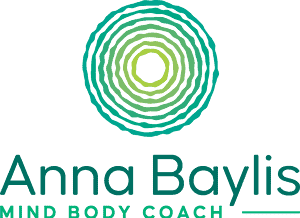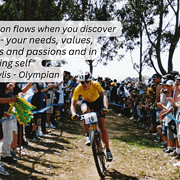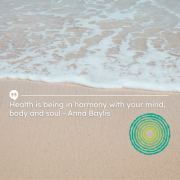Knowing when it’s time to rest
Rest….. what is it?
It’s a word that has been foreign to me, unless I broke a bone or caught a cold. Even then it was hard for me to stop.
In 2002, in the lead up to the Commonwealth Games, I was hit by a car whilst out training on my bike. I was knocked out cold, helmet smashed into two, bike frame damaged, fractured fibula, badly bruised back, and grazes to the side of my face and knees.
10 days later, I was on my bike again.
Call it crazy, call it determined. It was in my wiring as an athlete and someone that couldn’t rest.
Knowing the benefits of something always helps me, it motivates me to do that thing. Learning about the importance of rest and actually doing it has been so vital for recharging my mind, body and soul.
Rest is crucial for our overall well-being and self-care and encompasses various dimensions beyond just physical relaxation.
Here are 7 types of rest that may help you.
1. Physical rest – Lying down, napping, sleep, nourishing food, massage, gentle exercise like walking, yoga
2. Mental rest – Meditation, mindfulness practices, breathing techniques, breaks throughout the day, holidays, limiting screen time
3. Emotional rest – Self-reflection – checking in with how you are feeling, expressive writing or journaling, getting support from a friend/family or therapist/coach, engage in activities that bring joy and emotional fulfillment
4. Social rest – Alone time to recharge, setting boundaries, spend time with supportive individuals
5. Sensory rest – Finding peace and quiet in nature or quiet places, using scents like lavender or chamomile to promote relaxation, reducing stimuli by avoiding bright lights or loud noises
6. Creative rest – Painting, drawing or crafting, listening to music, exploring new hobbies or interests
7. Spiritual rest – Prayer, meditation, religious services
Incorporating a balance of these restorative practices into our lives is essential for maintaining physical health, mental clarity, emotional stability, and overall happiness.










Leave a Reply
Want to join the discussion?Feel free to contribute!